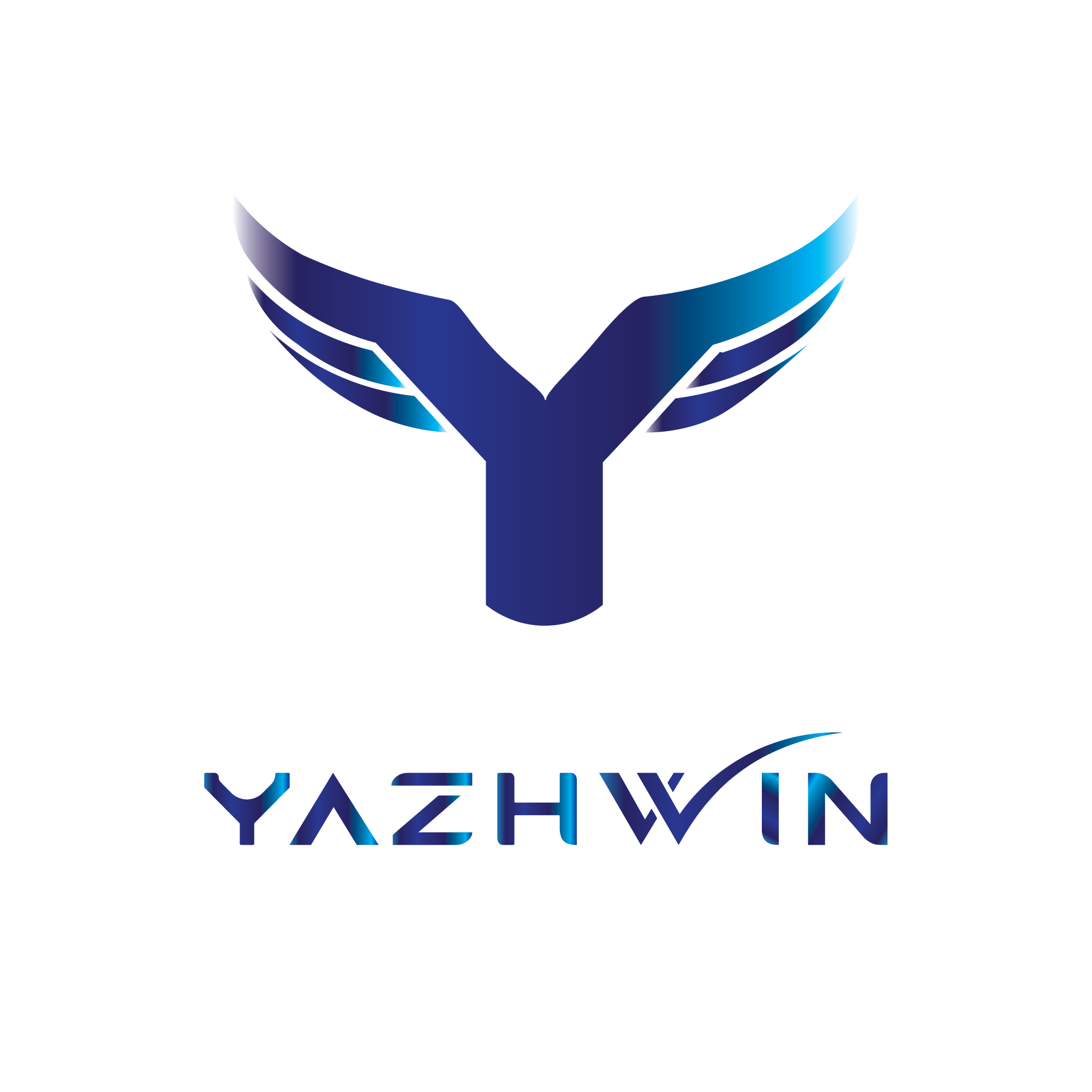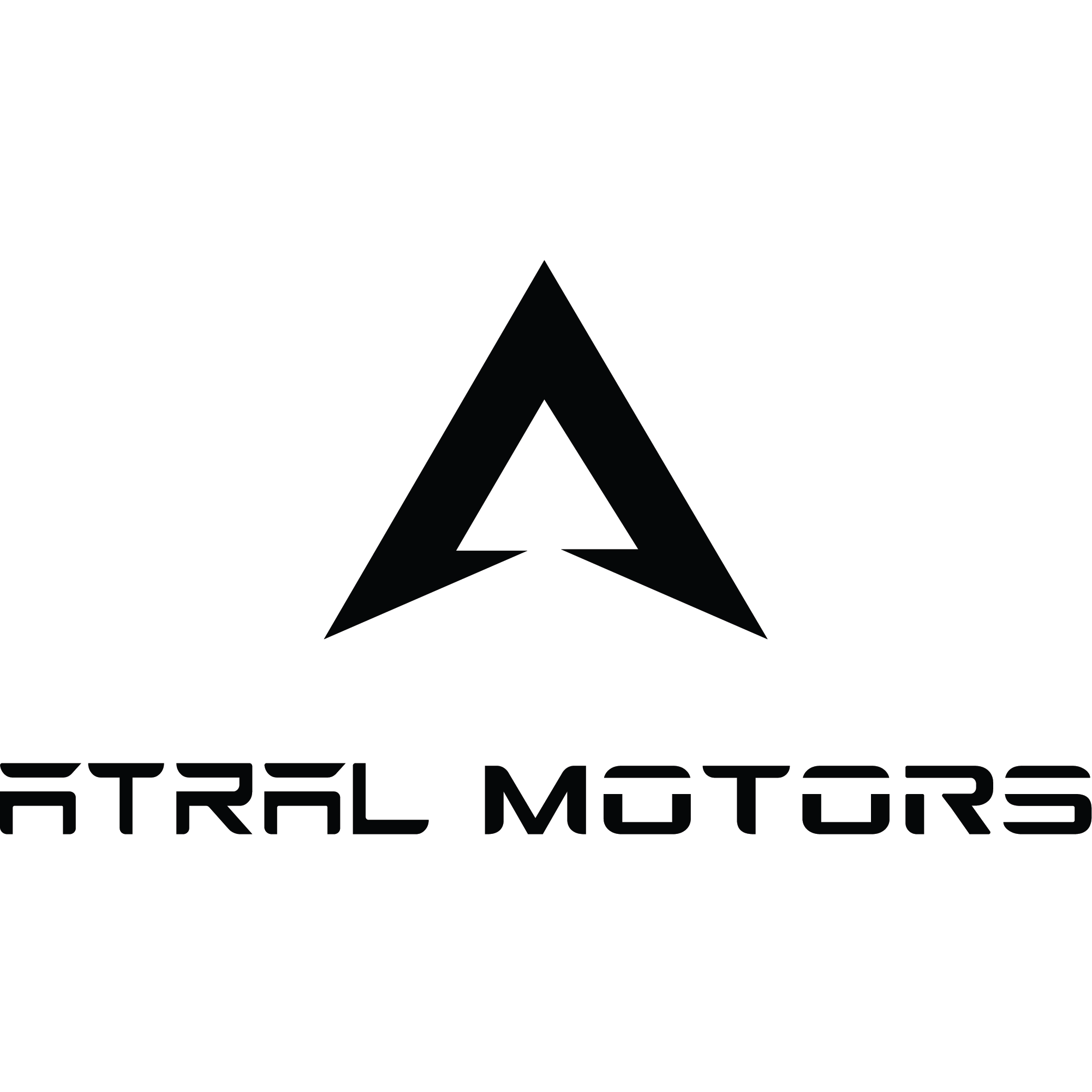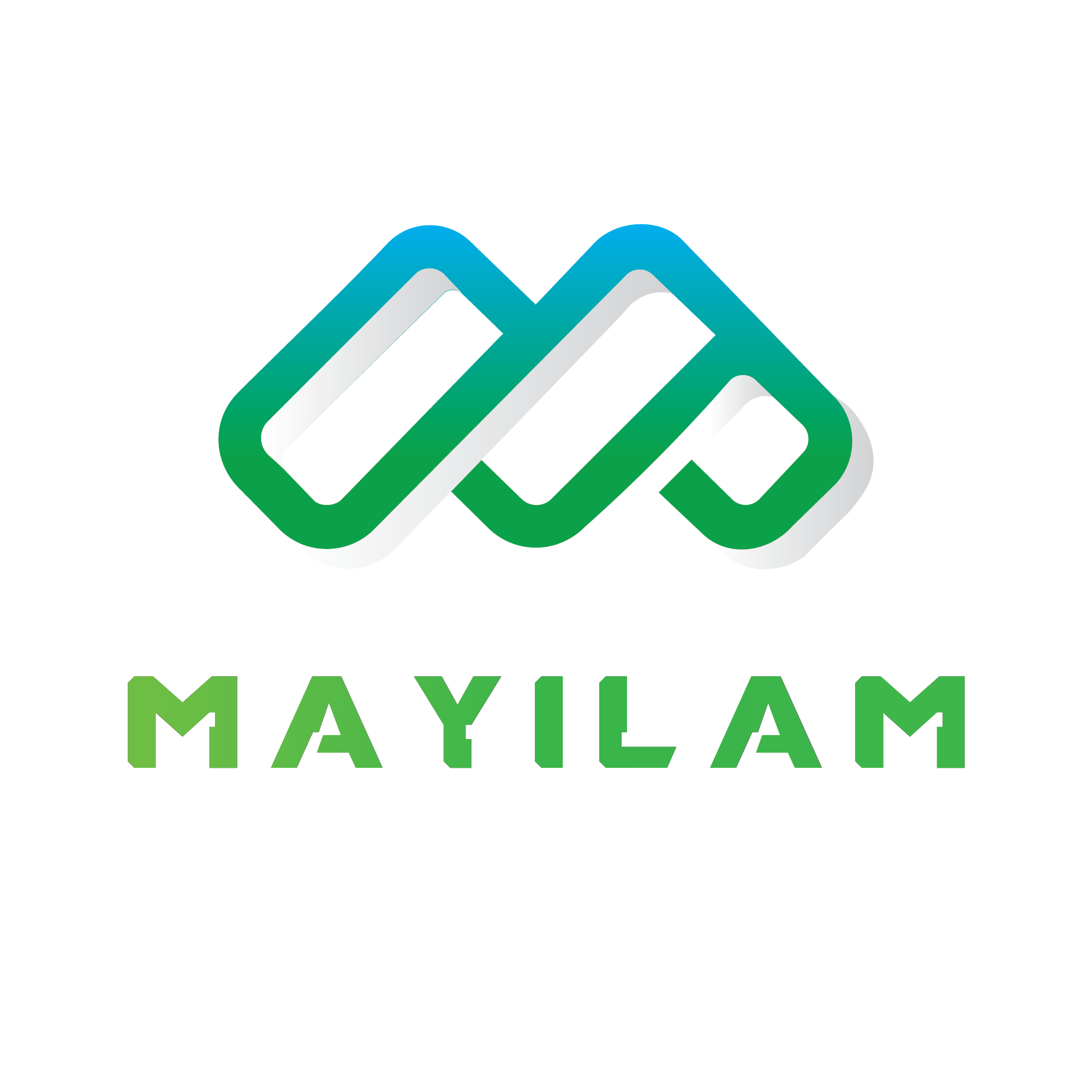- Overview of Embedded Systems: Introduction to embedded systems and their role in automotive applications, including control, monitoring, and communication functions.
- Automotive Electronics Architecture: Understanding the architecture of modern vehicles, including electronic control units (ECUs), sensors, actuators, and communication networks.
- Embedded Software Development: Overview of software development processes and methodologies for automotive embedded systems, including requirements analysis, design, implementation, testing, and validation.
- Microcontroller and Microprocessor Basics: Introduction to microcontroller and microprocessor architectures commonly used in automotive applications, including ARM Cortex-M, Renesas RH850, and Infineon TriCore.
- Real-Time Operating Systems (RTOS): Understanding the role of RTOS in automotive embedded systems, including task scheduling, inter-task communication, and resource management.
- Communication Protocols: Exploring communication protocols used in automotive networks, such as CAN (Controller Area Network), LIN (Local Interconnect Network), FlexRay, and Ethernet.
- Diagnostic Systems and On-Board Diagnostics (OBD): Overview of diagnostic systems and OBD standards used in vehicles for fault detection, diagnosis, and reporting.
- Embedded System Integration: Integration of embedded systems into vehicle architectures, including hardware-software co-design, interface design, and system integration testing.
- Functional Safety and Automotive Standards: Understanding functional safety concepts, standards such as ISO 26262, and safety mechanisms implemented in automotive embedded systems to ensure safe operation.
- Future Trends: Exploration of emerging trends and technologies in automotive embedded systems, such as autonomous driving, electrification, connected vehicles, and software-defined architectures.
Automotive Embedded Systems and AUTOSAR Course
"Welcome to our Automotive Embedded Systems and AUTOSAR course, where automotive engineering meets software development. Join us to learn about embedded systems design and development for automotive applications, with a focus on AUTOSAR standards. Gain expertise in real-time operating systems, communication protocols, and software architecture for automotive embedded systems."
Get StartedOverview Automotive Embedded Systems and AUTOSAR Course
Automotive embedded systems and AUTOSAR covers the design and development of embedded systems for automotive applications using the AUTOSAR standard. This course explores topics such as microcontroller architectures, embedded software development, communication protocols, and automotive diagnostics. Students will learn how to design and implement embedded systems for automotive control, infotainment, and safety applications compliant with the AUTOSAR framework.
Technologies Covered

The Program Curriculum Details
- Introduction to AUTOSAR: Overview of the AUTOSAR standard, its history, objectives, and architecture, including the Classic Platform and Adaptive Platform.
- Software Components (SW-Cs): Understanding AUTOSAR software components, including application software, basic software modules (BSW), and complex device drivers (CDD).
- Communication Stack (COM): Overview of the AUTOSAR communication stack, including the layered architecture, communication protocols, and communication management.
- ECU Configuration Description Language (ECU Configuration): Introduction to ECU configuration concepts and AUTOSAR XML formats for describing system configurations, interfaces, and parameters.
- Software Development Workflow: Understanding the software development workflow in AUTOSAR, including configuration, integration, generation, and testing of AUTOSAR-compliant software components.
- Diagnostic and Error Handling: Implementation of diagnostic and error handling mechanisms in AUTOSAR, including diagnostic event manager (DEM), diagnostic communication manager (DCM), and error handling classes.
- Service-Oriented Architecture (SOA): Introduction to the service-oriented architecture concept in AUTOSAR, enabling modularization, encapsulation, and reusability of software components.
- Security and Cybersecurity: Considerations for security and cybersecurity in AUTOSAR systems, including secure communication, cryptographic algorithms, and intrusion detection mechanisms.
- Integration and Testing: Integration of AUTOSAR software components into ECUs, and testing methodologies for verifying system functionality, performance, and compliance with AUTOSAR standards.
- Tooling and Development Environment: Overview of tooling support and development environments for AUTOSAR, including configuration tools, code generators, and simulation environments.
- Electric Vehicle (EV) Integration: Integration of electric vehicle components and systems into automotive embedded architectures, including battery management systems (BMS), motor controllers, and charging infrastructure.
- Advanced Driver Assistance Systems (ADAS): Overview of ADAS technologies, including sensors, actuators, and control algorithms, enabling features such as adaptive cruise control, lane-keeping assistance, and automated parking.
- Cybersecurity in Automotive Systems: Considerations for cybersecurity in automotive embedded systems, including threat modeling, risk assessment, penetration testing, and secure software development practices.
- Connected Vehicle Technologies: Exploration of connected vehicle technologies, including vehicle-to-vehicle (V2V) communication, vehicle-to-infrastructure (V2I) communication, and vehicle-to-cloud (V2C) services.
- Autonomous Driving Systems: Introduction to autonomous driving systems, including sensor fusion, perception algorithms, decision-making logic, and vehicle control strategies for automated driving.
- Machine Learning and Artificial Intelligence: Integration of machine learning and artificial intelligence techniques into automotive embedded systems, enabling capabilities such as predictive maintenance, driver behavior analysis, and natural language processing.
- Functional Safety in Automotive Software: Application of functional safety concepts and methodologies in automotive embedded software development, ensuring compliance with safety standards such as ISO 26262.
- Human-Machine Interface (HMI): Design considerations for human-machine interfaces in automotive embedded systems, including displays, touchscreens, voice recognition, and gesture control.
- Software-defined Vehicles: Exploration of software-defined vehicle architectures, enabling over-the-air (OTA) updates, software customization, and dynamic reconfiguration of vehicle functions.
- Future Trends and Innovations: Discussion of emerging trends and innovations in automotive embedded systems, including edge computing, quantum computing, blockchain technology, and next-generation vehicle architectures.
- Project Selection: Choose from a range of project topics related to automotive embedded systems, including system design, software development, testing, and integration.
- Project Planning and Management: Develop project plans, schedules, and budgets, and manage resources effectively to ensure timely delivery of project milestones.
- System Design and Implementation: Design and implement automotive embedded systems solutions, including hardware components, software modules, and communication interfaces.
- Testing and Validation: Conduct comprehensive testing and validation of embedded systems solutions, ensuring compliance with functional requirements, safety standards, and performance metrics.
- Documentation and Reporting: Document the project development process, outcomes, and lessons learned, and prepare technical reports, presentations, and demonstrations for stakeholders.
- Collaboration and Teamwork: Collaborate with team members, stakeholders, and industry partners to leverage collective expertise and resources, and achieve project objectives effectively.
- Project Showcase: Showcase completed projects through presentations, demonstrations, and exhibitions, highlighting innovative features, technical achievements, and potential applications.
- Feedback and Iteration: Collect feedback from users, stakeholders, and mentors, and iterate on project designs and implementations to improve functionality, usability, and performance.
- Professional Development: Reflect on the project experience and identify opportunities for professional growth and skill enhancement in automotive embedded systems engineering.
- Career Pathways: Explore career pathways and opportunities in automotive embedded systems engineering, including roles in research, development, testing, validation, and system integration.
100% Placement Assistance Assistance
Course with Internship Certificate
Industry Recognized Curriculam
Build Portfolio with 100+ Projects
Designed for Working Professionals
Easy EMI Options
Available in English, தமிழ்
One-on-One with Industry Mentors
sessions on Soft skills & Communication Practice.
Personalized Feedback on Assignments.
Course Details
Duration
6 Months Course
3 Hours per Day
Format
Online
Offline
Max CTC upto
3-6L/annum fresher
5-30L/annum Experienced
Hiring Partners
100+ companies
How it Works
Enroll and Learn Basics of Embedded Systems
Begin your journey into the world of automotive embedded systems and AUTOSAR by enrolling in our comprehensive course. Whether you're new to embedded systems or looking to specialize in automotive software development, our course covers everything from basic microcontroller programming to advanced AUTOSAR architecture and standards. Gain the skills and knowledge needed to design, develop, and test embedded software for automotive applications.
Advanced Automotive Embedded Systems Training
Take your automotive embedded systems skills to the next level with our advanced training program. Dive deep into topics such as automotive networks, diagnostic protocols, and software integration while working on real-world embedded systems projects. 6 Month Course with 3 Month Internship
Career Placement Assistance
Upon successful completion of the Automotive Embedded Systems and AUTOSAR course, our dedicated career placement team will assist you in securing job opportunities in the automotive and transportation industries. Benefit from personalized career guidance, access to industry connections, and interview preparation support to kickstart your career as an automotive embedded systems engineer or software developer.
Reasons to Choose Automotive Embedded Systems and AUTOSAR Course
Automotive Industry
Gain specialized skills in automotive embedded systems and AUTOSAR, preparing you for a rewarding career in the automotive industry.
Embedded Software Development
Learn embedded software development techniques and methodologies for automotive applications, including real-time operating systems, device drivers, and communication protocols.
ECU Development
Understand the architecture and design principles of electronic control units (ECUs) used in modern vehicles, including powertrain control, chassis control, and advanced driver assistance systems (ADAS).
AUTOSAR Standard
Master the AUTOSAR standard for automotive software architecture, enabling you to design, develop, and integrate software components for ECUs across different vehicle platforms and manufacturers.
Career Opportunities
Explore diverse career opportunities in automotive embedded systems development, including roles such as embedded software engineer, ECU architect, systems integrator, and validation engineer.
Industry Collaboration
Collaborate with leading automotive manufacturers, suppliers, and technology companies on real-world projects, gaining valuable industry experience and networking opportunities.
Regulatory Compliance
Understand regulatory requirements and safety standards for automotive embedded systems, ensuring compliance with industry regulations and certifications for software development and validation.
Continuous Learning
Engage in continuous learning and professional development to stay updated on the latest advancements in automotive embedded systems technology, including software architectures, communication protocols, and cybersecurity.
Global Impact
Make a global impact by contributing to the development of safe, efficient, and connected vehicles that enhance mobility, reduce accidents, and improve the overall driving experience for people around the world.
Emerging Trends
Explore emerging trends in automotive technology, such as autonomous driving, electrification, and connected vehicles, and understand their implications for embedded systems design and development.
Placement Companies
Product & Service Based Companies



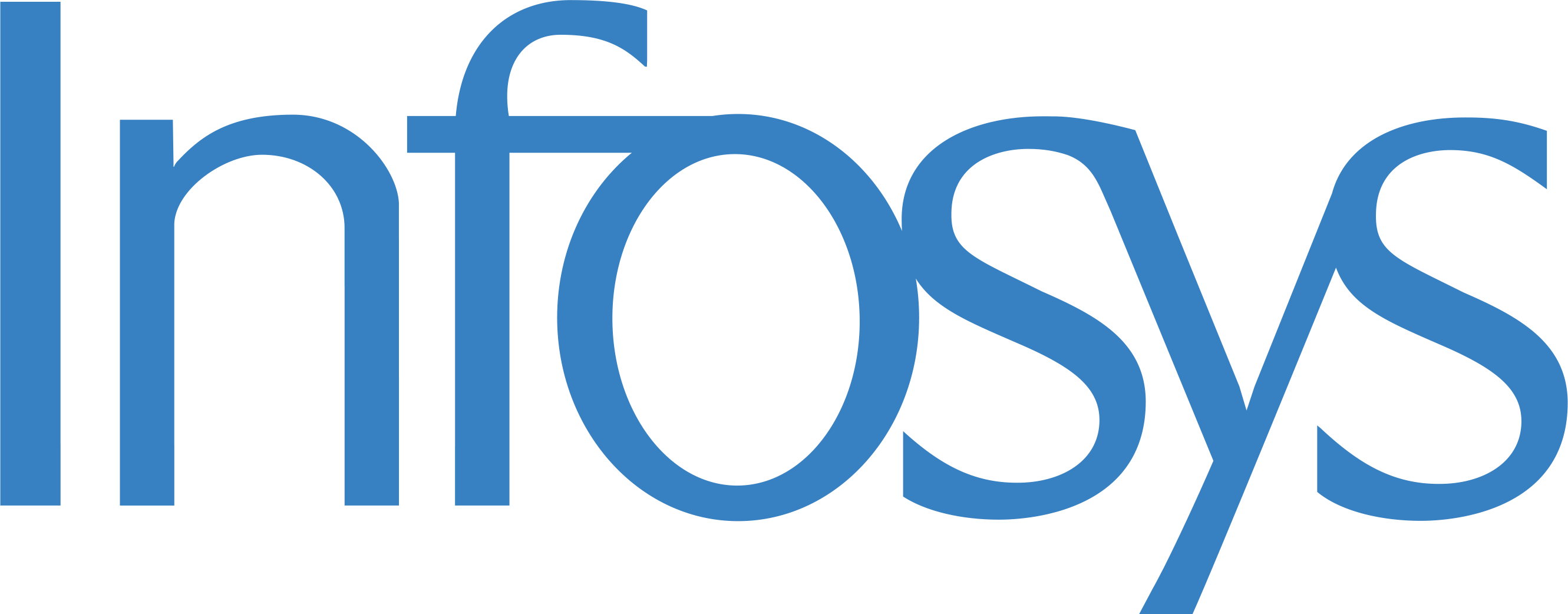

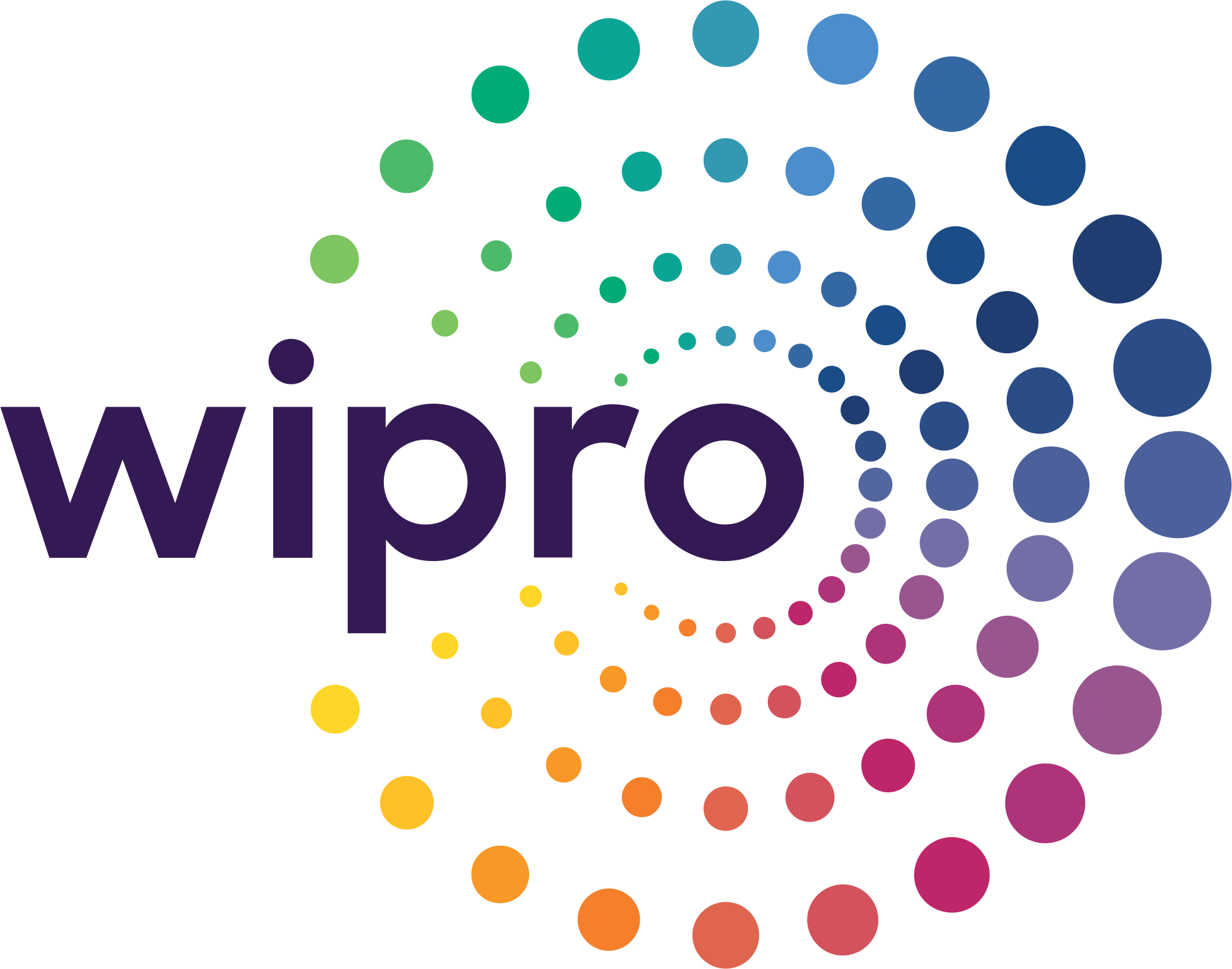








Career Opportunities
Embedded Systems Engineer
Automotive Software Engineer
Control Systems Engineer (Automotive)
Vehicle Diagnostics Engineer
Embedded Software Developer
Autonomous Vehicle Engineer
Functional Safety Engineer
Software Integration Engineer (Automotive)
Vehicle Network Engineer
Software Test Engineer (Automotive)
Expert Instruction:
Learn from industry experts and experienced instructors who bring real-world knowledge to your virtual classroom.
Flexible Learning:
Tailor your education to fit your schedule with our flexible online courses, allowing you to study at your own pace and convenience.
Cutting-Edge Content:
Stay ahead with curriculum designed to reflect the latest industry trends, ensuring you acquire relevant and up-to-date skills.
Interactive Learning Experience:
Engage in interactive assignments, discussions, and hands-on projects, fostering a dynamic and collaborative online learning environment.
Career-Ready Skills:
Gain practical, job-ready skills that directly apply to your field of interest, enhancing your employability and career prospects upon completion.
Register your details
Book Your Seat at just RS 500
Attend Day Demo Class
Pay Fee through flexible EMI & Eligible can get Pay After Placement
Start Learnig & Complete 6 month Course and 3 month Internship
Get 6 Month Course & 3 Month Internship Certificates from yazhwin Learn
Placement session on resume building, prepare for the interview and attend the Interviews
Get Placed in Product or Service Based Companies or our other 5 Startups
Book your seat by paying just Rs.500
EMI options available. Monthly INR 10000
maximun 1 year EMI
Get maximum flexibility to learn at your own pace.
5 Days Demo class available.



